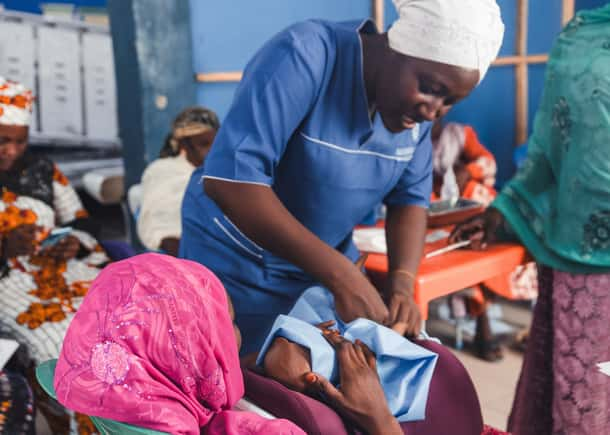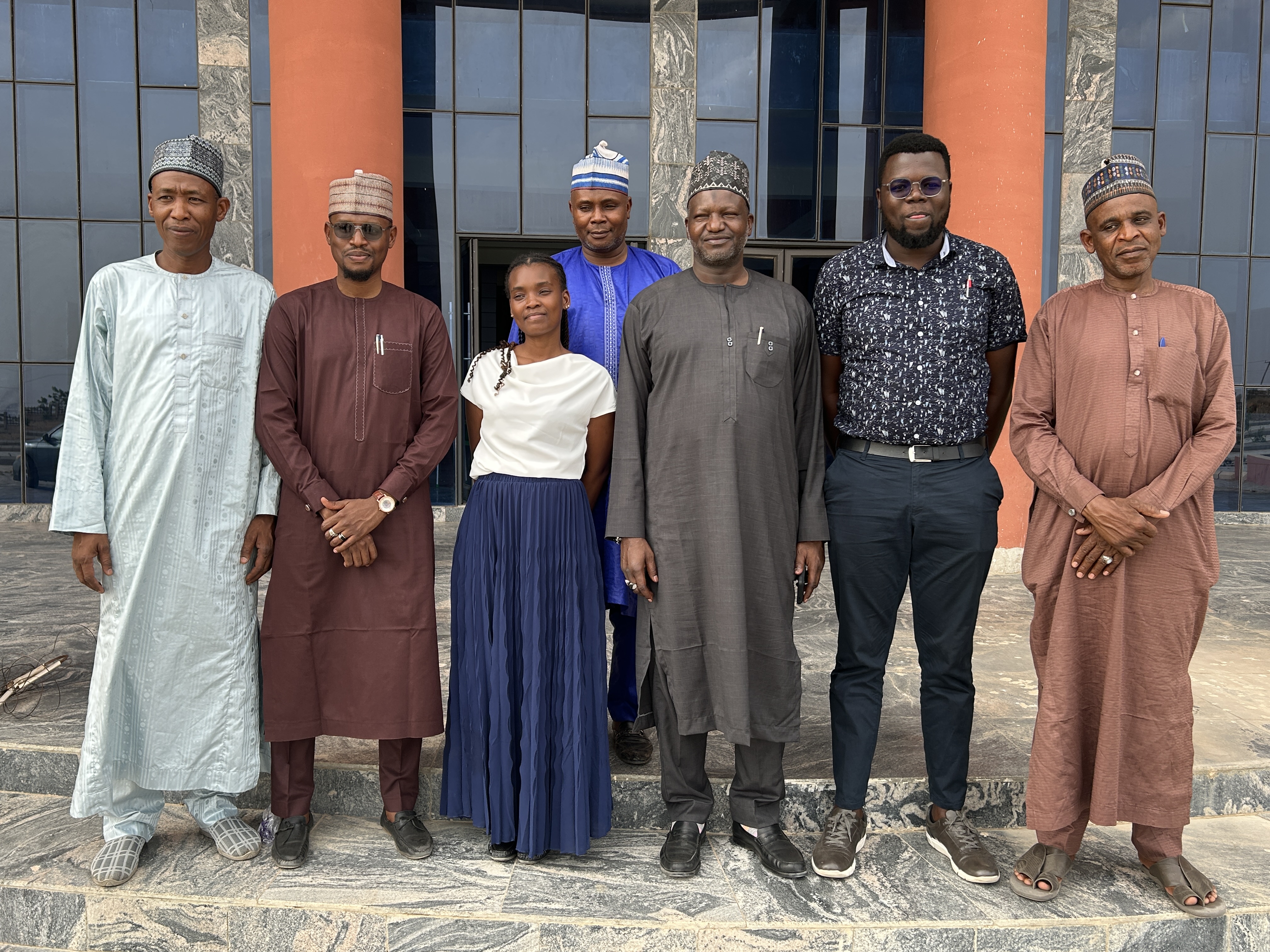New project to strengthen midwifery education in Nigeria begins


Nigeria accounts for 28.5% of global maternal deaths, with women facing a 1 in 19 lifetime risk of dying related to pregnancy, childbirth, or postpartum, starkly higher than the global average of 1 in 4,900. This highlights the urgent need for improved quality of care on the day of birth.
In response, we are excited to announce a new project agreement with the Nursing and Midwifery Council of Nigeria. As part of the agreement, Laerdal Global Health will provide expertise to enhance midwifery education at 20 institutions across the country, working in collaboration with multiple global partners*, to implement the Gates Foundation-funded project.
The goal of this project is to ensure midwives gain better access to consistent, high-quality, simulation-based training aimed at addressing the leading causes of maternal and newborn deaths. Our team will collaborate with participating institutions to integrate simulation-based education, including the delivery of the SimBegin facilitator course, empowering local trainers to conduct ongoing training sessions. We will also assist in establishing on-site Simulation Labs and utilize the globally recognized Helping Mothers and Babies Survive training programs to enhance the clinical skills of faculty members who will serve as trainers.
Nigeria faces a significant shortage of well-trained midwives, with considerable discrepancies in educational quality and limited hands-on learning opportunities. Challenges include inadequate infrastructure in health facilities, restricted access to advanced training, and a lack of qualified educators. However, the government is dedicated to improving midwifery education by aligning curricula with global standards, enhancing practical training, and increasing investment in educational resources to ensure midwives are equipped to deliver quality maternal and neonatal care.
The project is already in progress, with a comprehensive ‘needs assessment’ conducted at the 20 facilities. This assessment – a service provided by LGH - includes interviews, questionnaires, and observations to evaluate each facility's readiness and specific needs for implementing simulation-based education.
 Image caption: LGH Team members meet with representatives from Borno State University, as part of a trip to understand the simulation-education needs of all facilities.
Image caption: LGH Team members meet with representatives from Borno State University, as part of a trip to understand the simulation-education needs of all facilities.
As part of our remit in this project, the new digital solution LIFT Assessments will be used to capture training data, inform data-driven trainings that target skills and knowledge gaps. The LIFT Scenarios digital tool will also be embedded for use by healthcare worker to support on-going, well-structured, high quality simulation sessions.
*A list of global partners: Liverpool School of Tropical Medicine, Capacity Connect Limited, PROMPT, Telleosis Nigeria Limited, Laerdal Global Health.